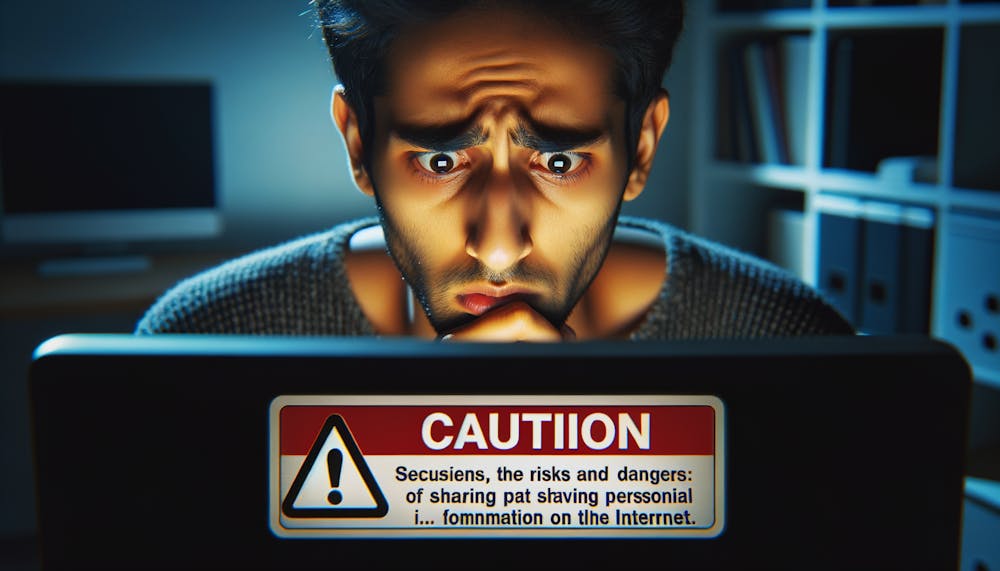GambleAware Faces Scrutiny Over Alleged Bias and Industry Ties


The respected charity GambleAware is under fire as campaigners call for an investigation into its operations and alleged industry bias. The Good Law Project steps in, representing two prominent campaigners in a complaint to the Charity Commission.
- The Good Law Project, representing campaigners, has filed a complaint against GambleAware.
- The complaint accuses GambleAware trustees of failing to provide unbiased gambling harm education due to industry connections.
- The Charity Commission is assessing the complaint; no findings yet.
- GambleAware insists on its independence and refutes the allegations.
- Calls for a statutory inquiry into GambleAware have been suggested due to recent parliamentary inquiries questioning its effectiveness.
GambleAware, a charity known for its efforts to prevent gambling harm, is currently under scrutiny. Allegations have been brought forward that question the charity’s ability to provide unbiased information and education on gambling harms. At the heart of these allegations is its reported reliance on funding from the gambling industry itself.
A Conflict of Interest?
Campaigners Will Prochaska and Annie Ashton are being represented by the Good Law Project in a complaint filed against GambleAware. They claim that the charity struggles to fulfil its objectives due to its ties to the gambling industry. The Charity Commission has acknowledged receiving the complaint and is in the process of assessing whether there is a ground for investigation.
GambleAware has vehemently denied these allegations. A statement from the charity emphasised its independence from the gambling industry and highlighted its advocacy for more stringent regulations and advertising controls.
Call for a Deeper Inquiry
This isn’t the first time GambleAware’s effectiveness and neutrality have been questioned. Previous parliamentary inquiries, especially the Online Gambling Harm Inquiry led by the Gambling Related Harm APPG in 2020, hinted at GambleAware’s limitations in executing its research, education, and treatment functions proficiently.
As a response to the growing criticisms, Prochaska urges a more profound scrutiny directed toward the trustees of GambleAware, suggesting that it’s crucial to understand if the charity’s programs genuinely serve the interest of the beneficiaries or lean more toward the funders’ interests.
The Defence and Beyond
On the defending side, GambleAware underlines the importance of its services, including the National Gambling Support Network and the National Gambling Helpline, credited for aiding many to combat gambling issues. Ben Howard, chair of GambleAware’s Lived Experience Council, shared his testament to the efficacy of these services.
This ongoing controversy brings to light the delicate balance charities like GambleAware must maintain between industry collaboration and upholding an unbiased stand on gambling harms. It underscores the importance of transparency and independence in the operations of charities. This is especially the case for those tackling issues as complex and multifaceted as gambling addiction. As the Charity Commission continues its assessment, the gambling community and its observers eagerly await the findings, hoping for clarity and, more importantly, a path toward better gambling harm prevention and education.

Peter is our Editor-in-Chief at Gamblingauthority. He has more than eigth years of experience from the iGaming industry and is a valuable resource for everything related to online casinos.
Read more about the author









